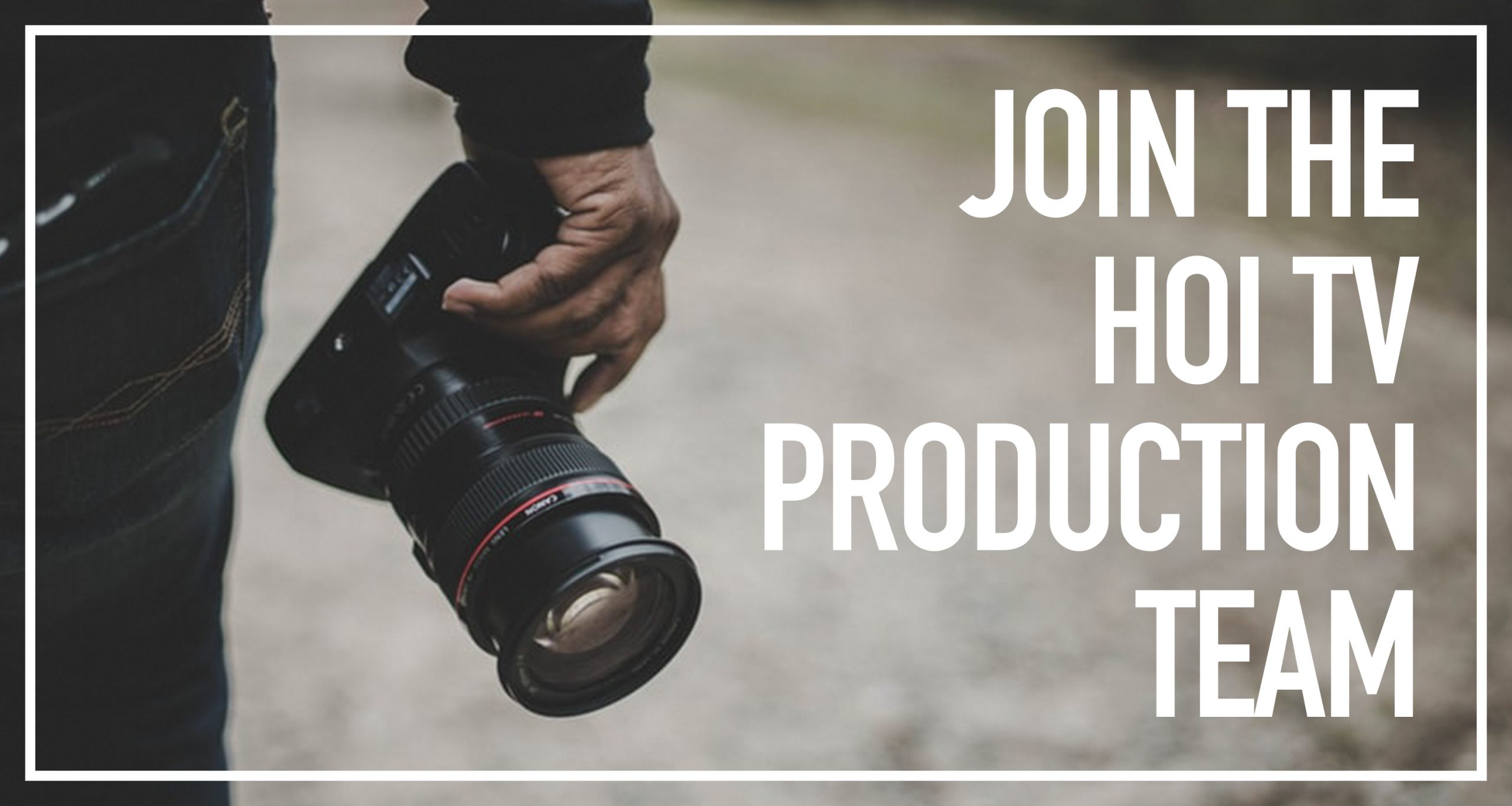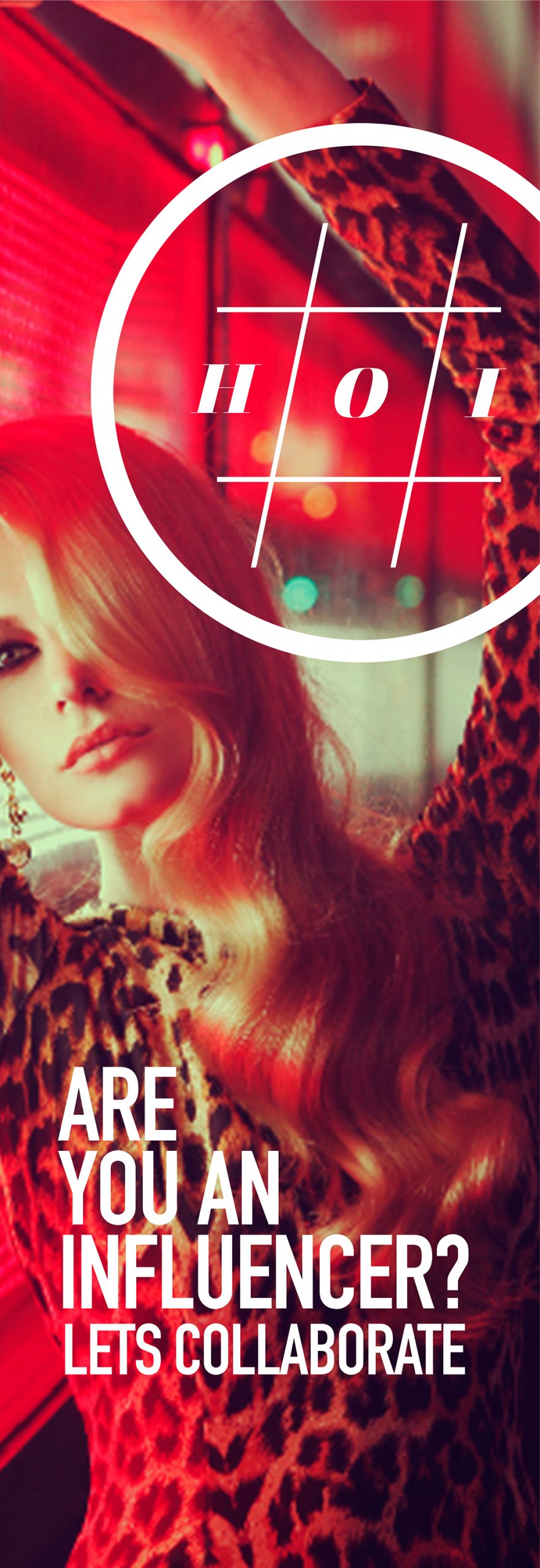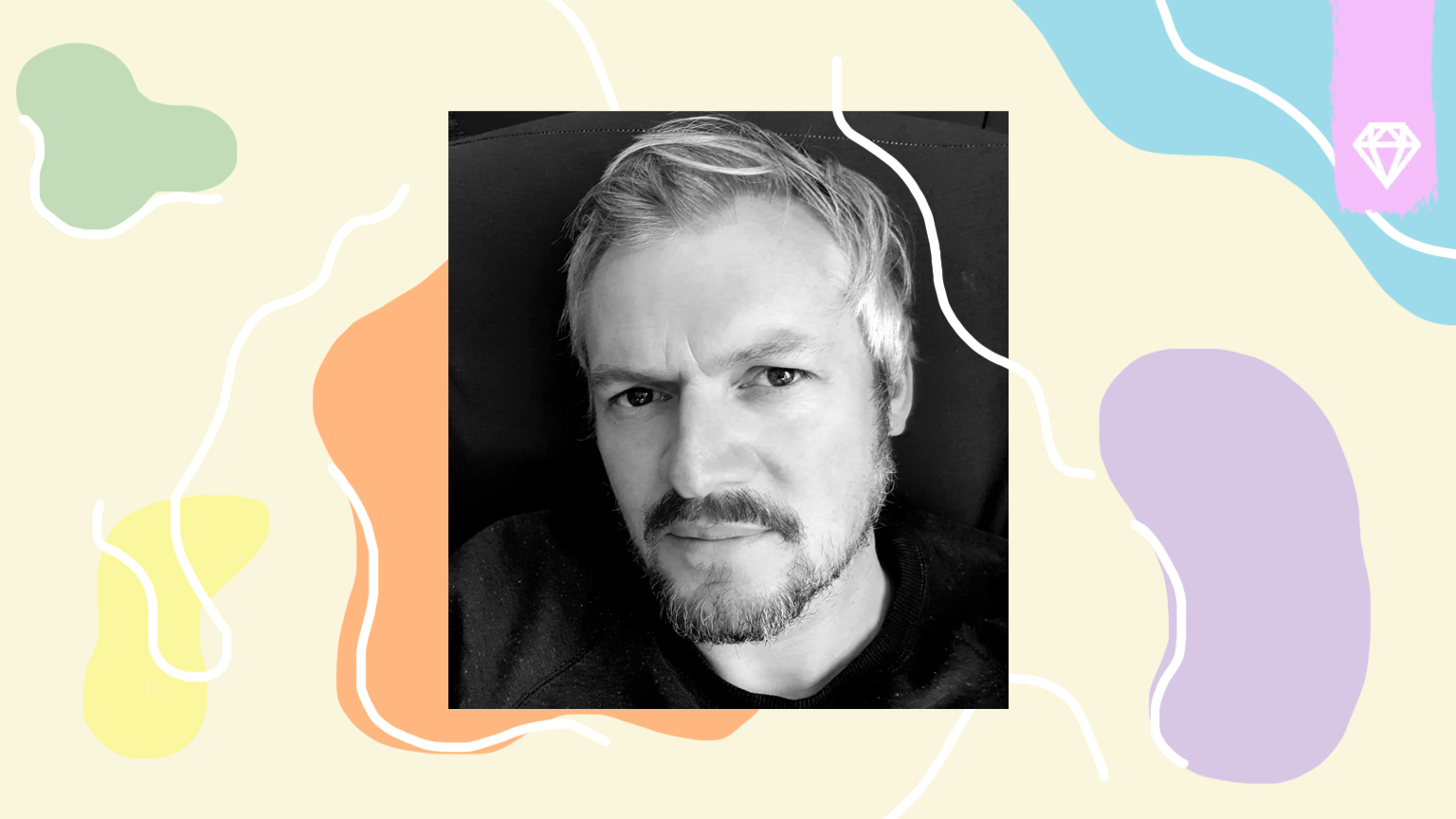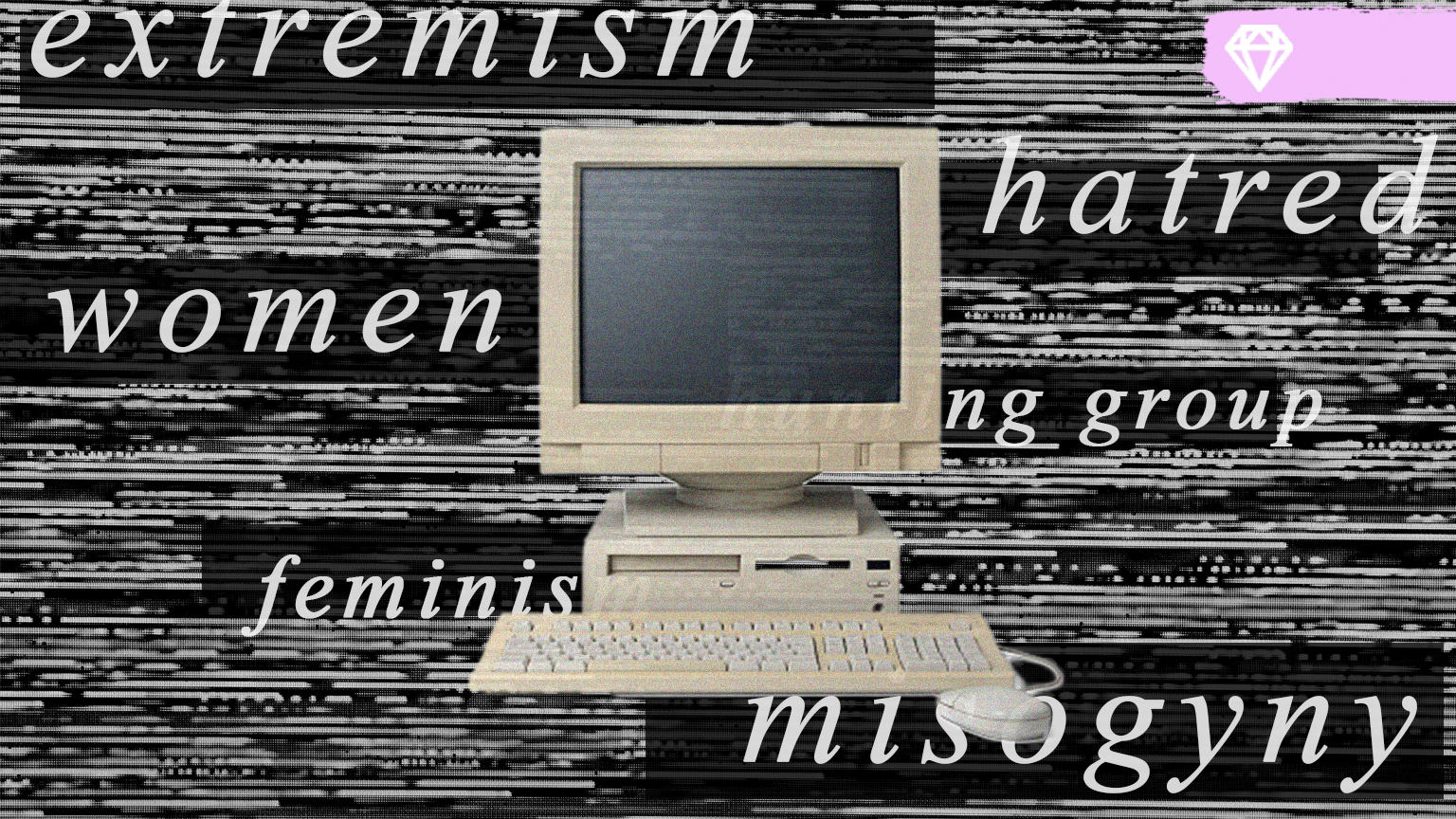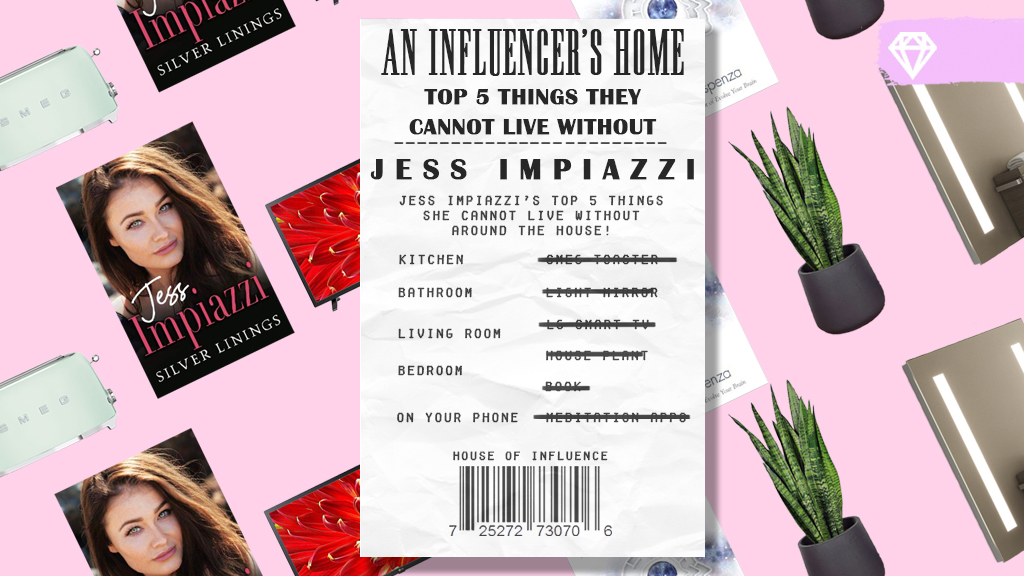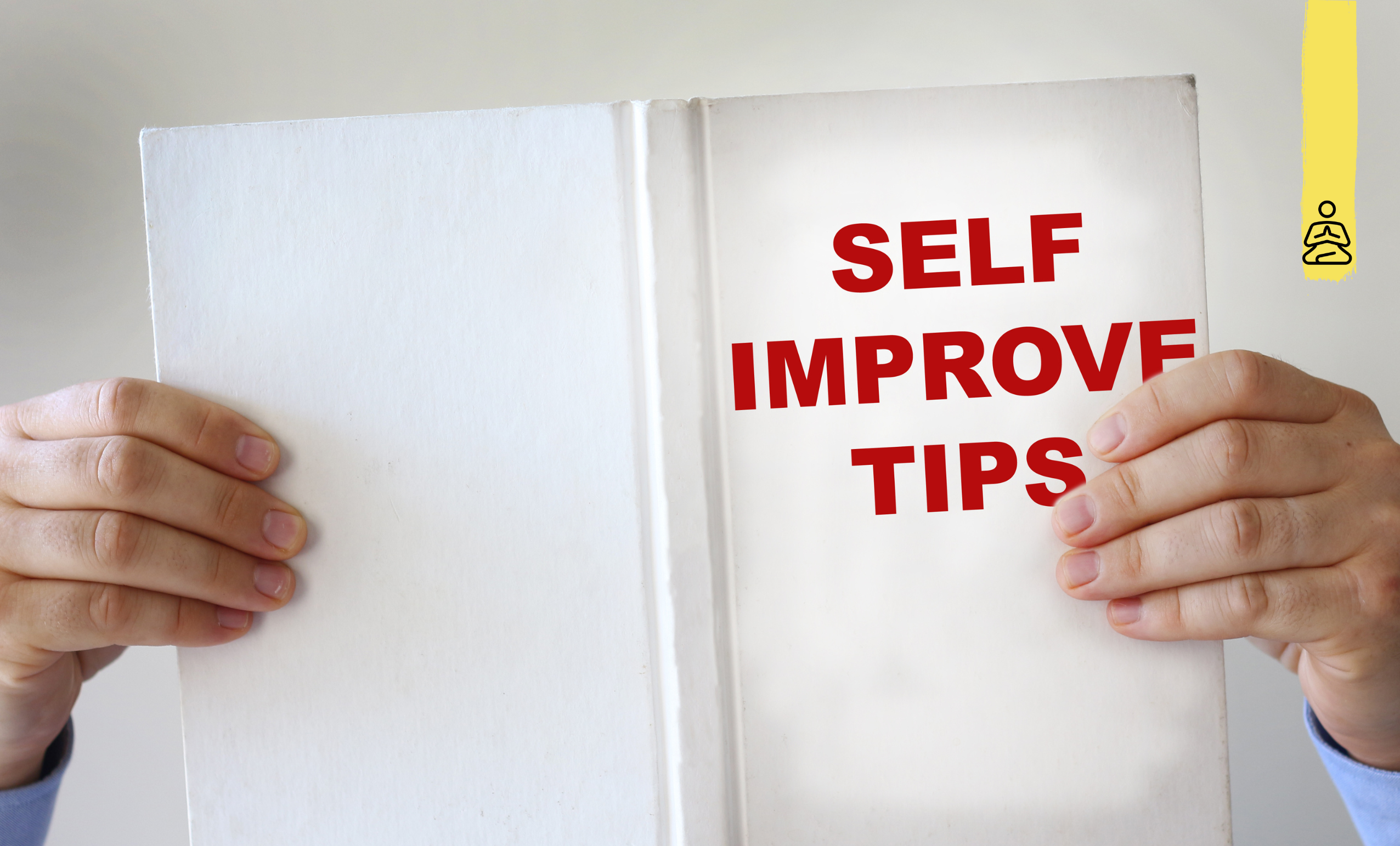
As we go through life, especially adult life, we acquire a bunch of labels. Those labels are not ‘bad’ per se, in fact you are likely to love and be proud of some of them: daughter, parent, friend, partner, boss. Yet, what these labels can also do is become our identity; they become how we define who we are and all of our own personal meaning becomes attached to others - the roles we play for them and in relation to them. If you feel like you’ve lost a sense of who you are, it is hardly surprising because you’ll be living out those labels. You are not alone in this - far from it. As we get swept along in the busy-ness of our day-to-day lives we don’t take - or feel like we have - the time to ask ourselves the question: Who am I? Really. The other reason we don’t ask this, is because frequently it is a tough question to answer. We then do what is normal - we avoid it; push forward, move on and go back to our life. If we don’t know who we are and stand tall as that person, however, that ceases to become our life and becomes an existence.
Let’s look at what you can do. How can you reconnect and remind yourself of who you actually are?
Start by writing down all the labels you associate with yourself. That is, all the roles you perform in the lives of others. If you’re employed, then you will be an employee, a co-worker and, depending on your position, you may be a manager or leader. If you’re in a relationship, then you’ll be a partner and you may be a parent, step-parent or carer - of children or elder dependents. Whatever those roles are, write all of them down on a piece of paper (I’m a big fan of the physical act of writing things down) because that will help your brain to process and to focus. For more around focusing your brain, checkout our SELF 3 Step focus.
Next, write a list of everything you would say about who you are - making no reference to the roles and labels that you have previously written down. Write down what you would say about you away from those labels. Things about the way you behave, what value you have and what your values are. Think about what others might say about you if you asked them, or what they actually say about you (but that you probably don’t allow yourself to ‘‘here’’). Remember, this should be about the positives more than the negatives… yes, I’m talking to you if you’re busy writing down everything that is ‘wrong’ with you! It’s important, though, to consider whether what others say about you are things that you actually believe and whether you value their opinion. What do I mean by this? I want you to consider that other people will see you through their own lens, which will be informed by their own stories and history. For example, your parents might still hold on to memories of you as that stroppy teenager long after your hormones have settled down, you’ve matured, and you’ve had life experiences that have shaped you - probably experiences they know nothing about! Make sure you’re curious about that person’s perspective and agenda rather than merely accepting their words at face value.
What you should have once you do this is a description of who you really are. The person you are at your core - the start points of rediscovering your identity. Don’t like what you read? Then it’s within your gift to change it - never forget that. There is no rule book that states that you have to stay as you are. Each day is a new page and you get to write your story on it; you decide who you’re going to be.
Choose wisely.

